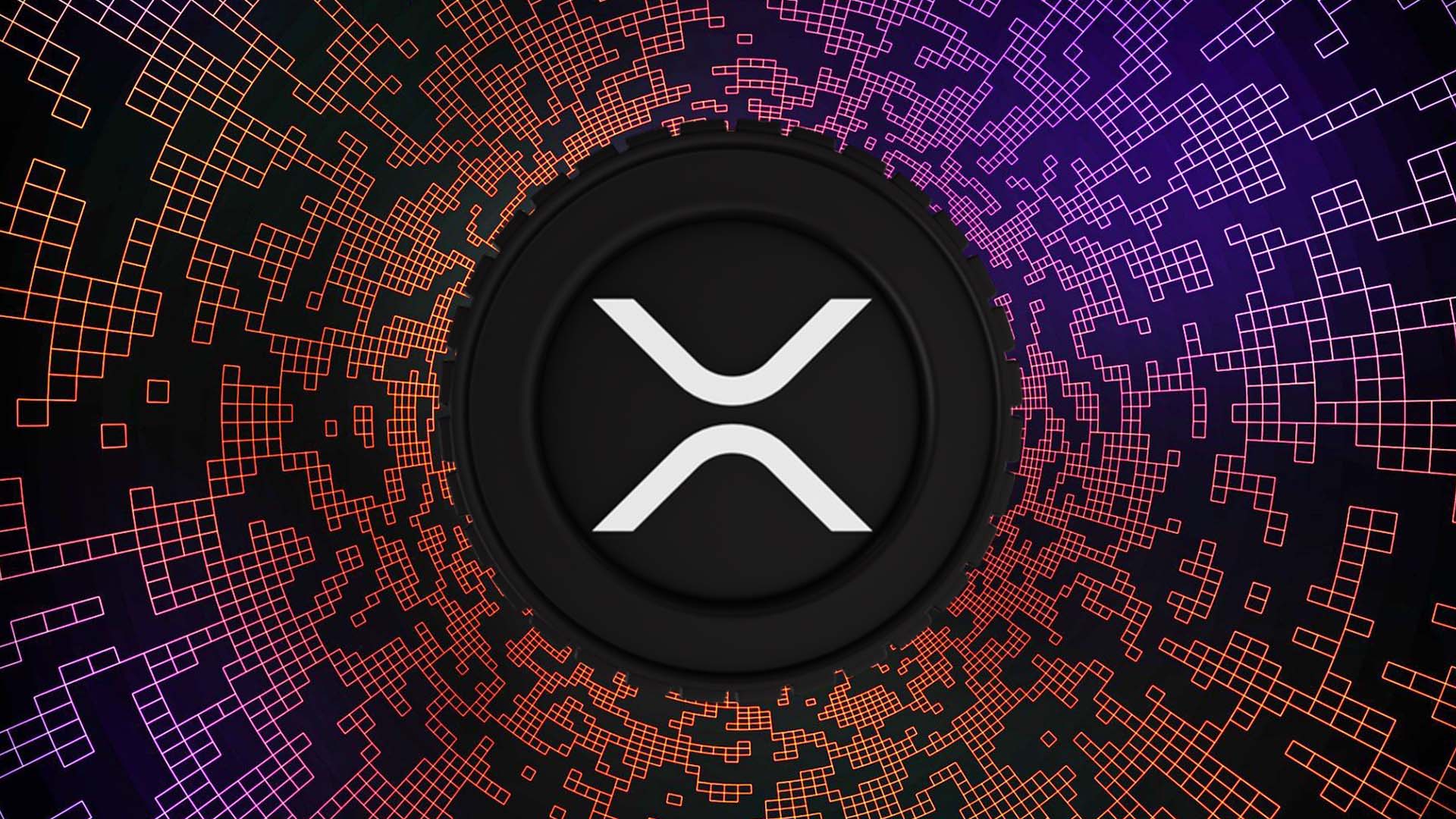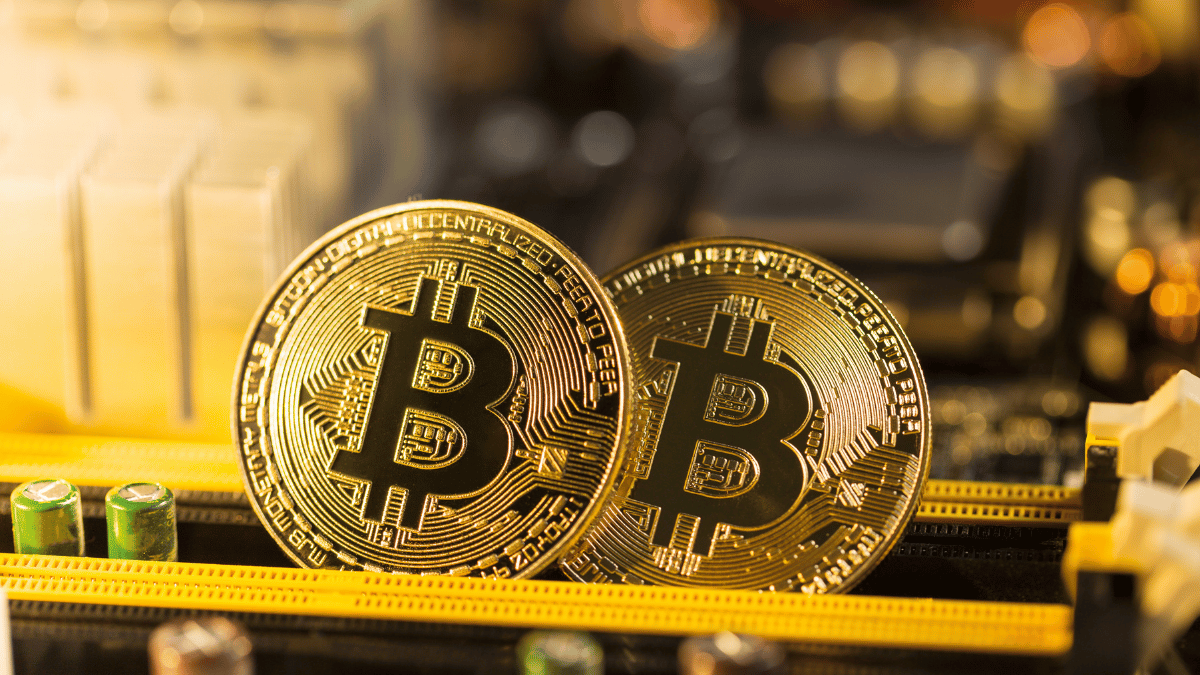|
Getting your Trinity Audio player ready...
|
In a recent episode of the Mr. M Podcast, Matt Hamilton, the former Director of Developer Relations at RippleX, weighed in on the long-standing Bitcoin vs. XRP debate. According to Hamilton, XRP holds a distinct advantage over Bitcoin in terms of scalability and practicality, suggesting that the XRP Ledger (XRPL) is more suited for large-scale use cases.
XRP’s Superior Scalability
Hamilton’s primary argument revolves around Bitcoin’s scalability limitations. He pointed out that Bitcoin’s network can handle only 7 to 10 transactions per second, a bottleneck that severely restricts its potential for global adoption. “With Bitcoin, the entire world population could only make two transactions each in their lifetime,” Hamilton remarked, emphasizing the cryptocurrency’s inherent limitation.
In contrast, XRP’s XRPL network can manage a significantly higher transaction volume. Last year, the network’s capacity surged from 1,500 transactions per second (TPS) to an impressive 3,400 TPS, showcasing its ability to handle large-scale operations far more effectively than Bitcoin. Hamilton suggested that while Bitcoin can scale using Layer-2 solutions or custodial networks, these additions could compromise the decentralized principles Bitcoin is built upon.
Cost-Effective Transactions on XRP
Hamilton also pointed out Bitcoin’s high transaction fees as a major deterrent to everyday users. As mining subsidies continue to decrease, Bitcoin transaction fees are projected to rise even further, potentially pricing out average users. Hamilton speculated that Bitcoin might eventually become a platform for the wealthy or institutional investors, as the fees make small, everyday transactions impractical.
On the other hand, XRPL offers ultra-low transaction costs, with the average fee amounting to just $0.0002 per transaction. This affordability, Hamilton argued, makes XRP a far more practical choice for mass adoption, enabling frequent and low-cost transactions for individuals and businesses alike.
Debunking Myths – XRP Cannot Be Frozen
During the podcast, the host mentioned an incident where a large amount of XRP was reportedly frozen after being sold, sparking concerns about XRP’s autonomy. In response, Hamilton clarified that the funds in question were not frozen on the XRPL network itself, but rather on an exchange. He referred to the case of Ripple’s co-founder Jed McCaleb, explaining that the issue occurred off-chain and would not have been possible within the XRPL system.
According to Hamilton, XRPL’s decentralized structure prevents any centralized authority from freezing funds directly on the network. He further contrasted this with Bitcoin, where certain network-level interventions can take place under specific circumstances.
Also Read: XRP’s 15,233% Surge – Why Wall Street Expert Predicts More Growth Despite SEC Lawsuit
Hamilton’s remarks highlight XRP’s strong points in the ongoing competition with Bitcoin. From scalability to transaction costs and network integrity, XRP stands out as a more practical choice for large-scale use. While Bitcoin remains the world’s largest cryptocurrency by market cap, XRP’s technological advantages, particularly in its scalability and cost-efficiency, could make it a more suitable option for global financial operations in the future.
As cryptocurrency adoption continues to grow, the debate between Bitcoin and XRP is far from over—but Hamilton’s insights suggest that XRP may hold the edge in the long run.
Disclaimer: The information in this article is for general purposes only and does not constitute financial advice. The author’s views are personal and may not reflect the views of Chain Affairs. Before making any investment decisions, you should always conduct your own research. Chain Affairs is not responsible for any financial losses.
I’m a crypto enthusiast with a background in finance. I’m fascinated by the potential of crypto to disrupt traditional financial systems. I’m always on the lookout for new and innovative projects in the space. I believe that crypto has the potential to create a more equitable and inclusive financial system.




